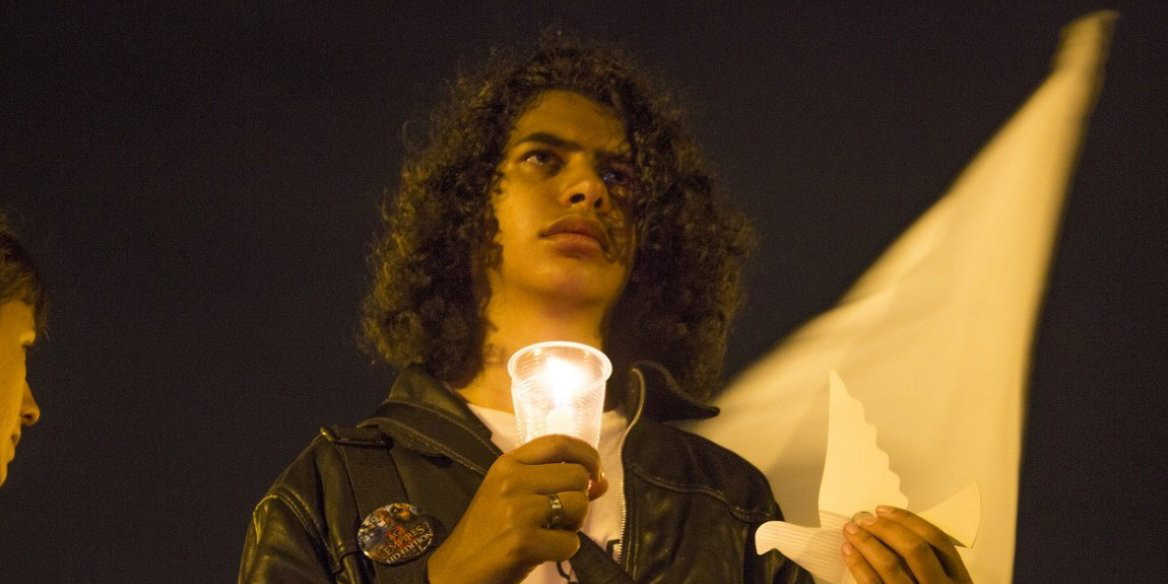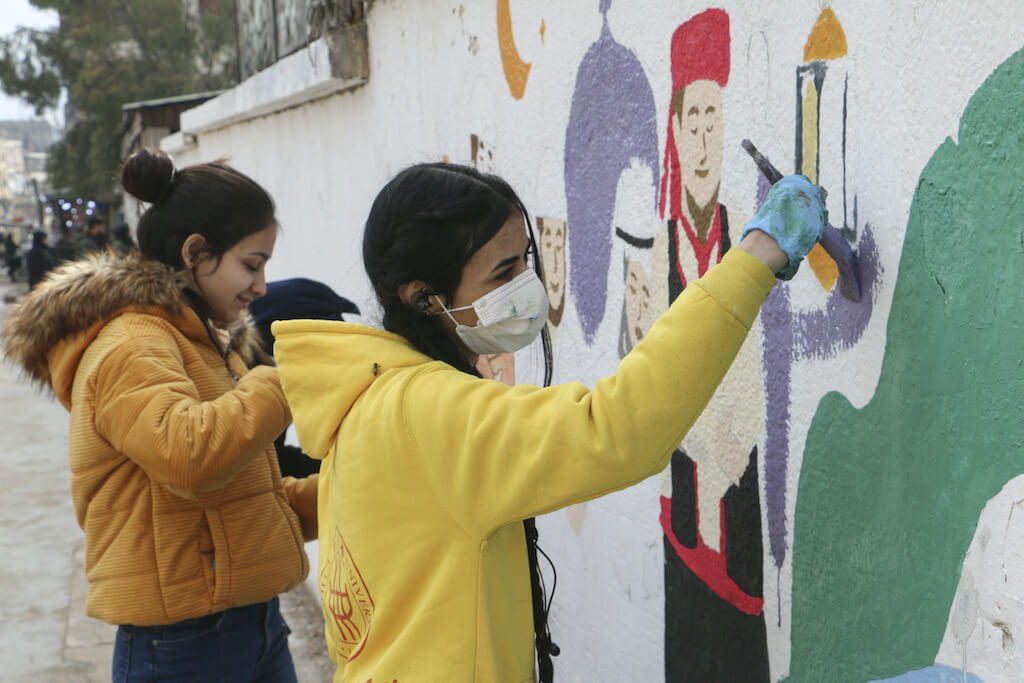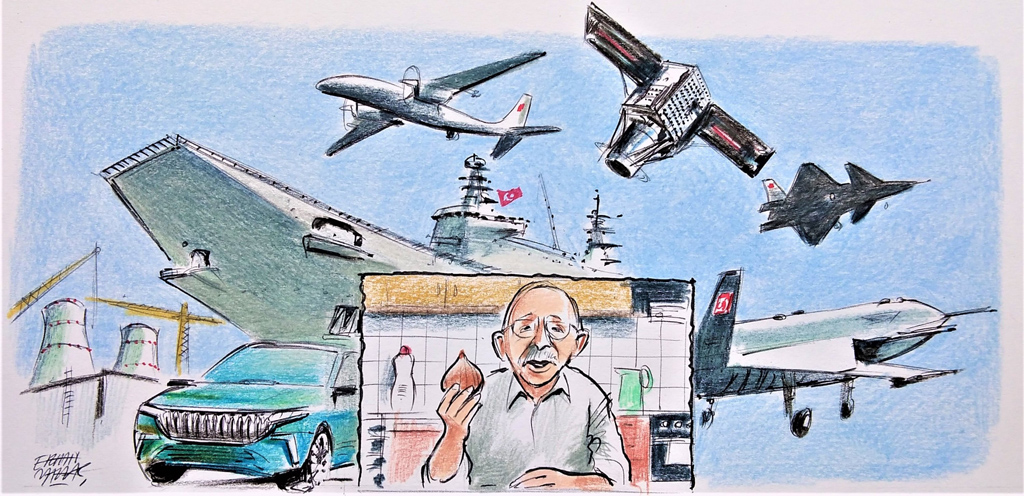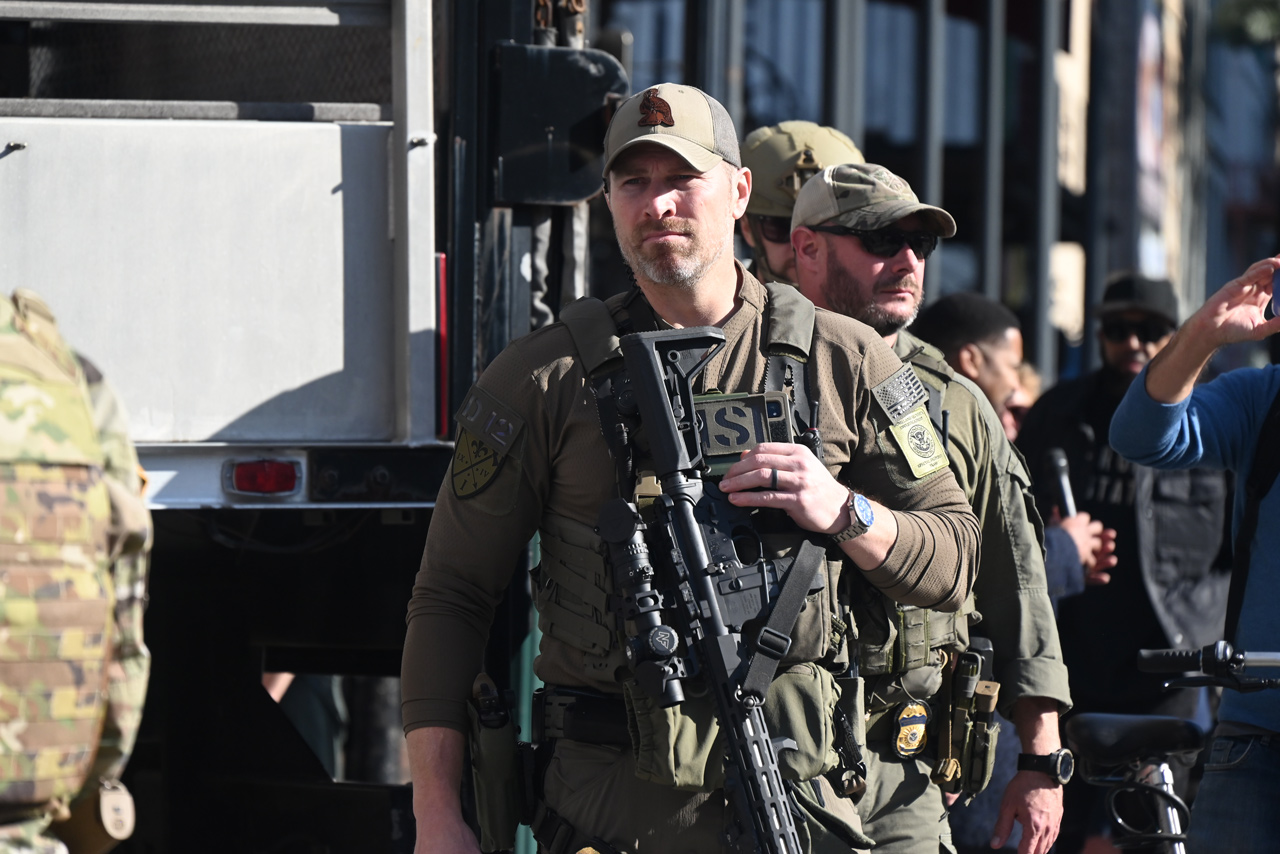
The “Unpopular Peace”: The Colombian and Turkish Experiences
Public diplomacy and a communication strategy are critical pillars of any successful peace process. In many instances, traumas and memories of the conflict overshadow hopes for peace and reconciliation. The Colombian and Turkish peace initiatives mark some of the complexities of peace processes.
Share
The Complexity of Peace Processes
Peace processes are complicated and fragile, facing a multiplicity of internal and external challenges. As a conflict lingers, the number of challenging issues and people affected increase exponentially. The most challenging stages of a peace process are often carried out secretly away from public scrutiny. However, a peace process cannot persist without some form of public approval or, at least, popular recognition both during the negotiation process and after a deal is reached. This is why public diplomacy and a communication strategy are critical pillars of any successful peace process. In many instances, traumas and memories of the conflict overshadow hopes for peace and reconciliation. The failure that the Colombian peace accord has faced in the referendum and Turkey’s failed peace initiatives to resolve the Kurdish issue mark some of the complexities of peace processes.
In a democratic country, both elections and referendums play a significant role in shaping the direction of the peace process. More importantly, the complicated internal dynamics of the peace process need to be coordinated and tuned harmoniously to reach long-lasting peace. If not coordinated well, peace accords reached at the elite level can be challenged by either bureaucratic establishments or the public. Unrealistic agreements to bring about the anticipated outcomes within a reasonable period of time are also doomed to fail. For this reason, in the past, more than 40% of peace agreements failed within the first five years of their signing. Revising an accord is a more preferable option than pushing for an unrealistic agreement in terms of reaching sustainable peace.
Read more…
[Politics Today, October 10, 2016]
Tags »
Related Articles








